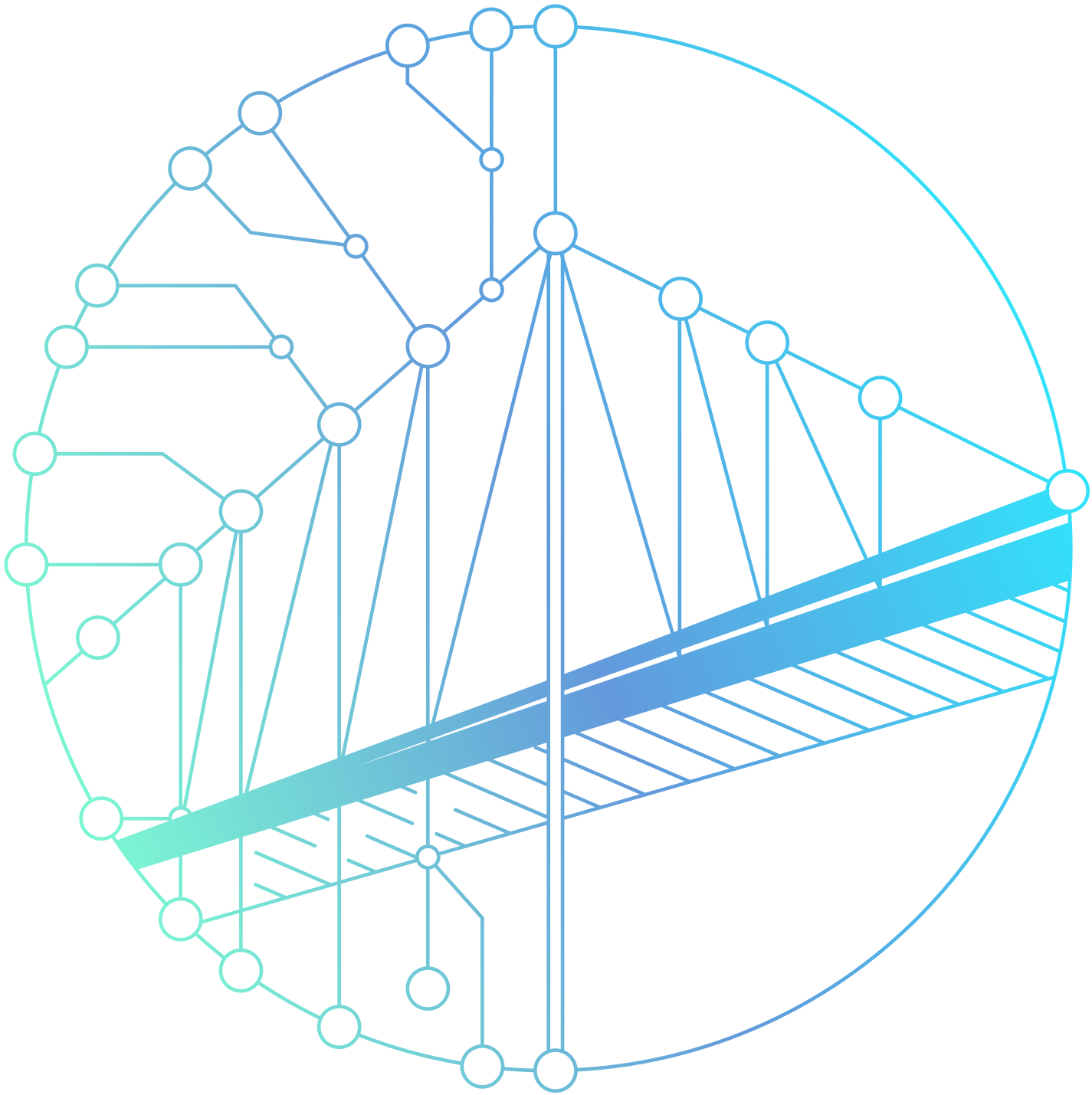Announcement: Webinar series is free of charge! Register now!
Dear Colleagues,
After the tremendous success of our course, with 200+ participants online and in person, we’re opening the ARTISTE and ML Academy Distinguished Webinar Series to everyone for free. Topics span physics-informed ML, uncertainty quantification, SHM, digital twins, senseable cities, and AI for SHM.
These lectures, featuring eminent speakers, will be freely accessible to the public via web-streaming on the CASSYNI Platform.
Best regards,
ML Academy & ARTISTE team
Webinar Series after the 18-20 September Turin Summer School
ML Academy and ARTISTE 2025 boards are also excited to announce and offer a series of 6 Distinguished Lectures online from 22 September to 12 December 2025. These lectures, featuring eminent speakers, will be freely accessible to the public via web-streaming on the CASSYNI Platform.
Six internationally recognized experts, drawn from both academia and industry, will deliver specialized talks focusing on high-end topics at the intersection of machine learning, civil engineering, and architecture. These presentations offer a rare opportunity to explore advanced research directions and emerging trends shaping the future of structural design, urban planning, construction optimization, and sustainability. Attendees will gain insight into how cutting-edge computational methods and innovations can transform traditional practices, ultimately fostering a deeper understanding of the synergy between data-driven approaches and the built environment.
Distinguished Lectures Speakers
- Prof. George E. Karniadakis, School of Engineering, Brown University, Providence, Rhode Island, USA
- Prof. Michael D. Shields, Department of Civil and Systems Engineering, Johns Hopkins University, Baltimore, Maryland, USA
- Prof. Carlo Ratti, Department of Urban Studies and Planning, MIT – Massachusetts Institute of Technology, Cambridge, Massachusetts, USA
- Prof. Hui Li, School of Civil Engineering, Harbin Institute of Technology, P.R. China
- Prof. Karen E. Willcox, Oden Institute for Computational Engineering and Sciences, University of Texas at Austin, Austin, Texas, USA
- Prof. Keith Worden, School of Mechanical, Aerospace and Civil Engineering, University of Sheffield, UK

Webinar Details
George Em Karniadakis

29 September 2025 – 15:00 (CET)
From Physics-Informed Machine Learning to Physics-Informed Machine Intelligence: Quo Vadimus?
Abstract: This talk reviews physics-informed neural networks and introduces networks that learn functionals and nonlinear operators for system identification. It discusses applications in digital twins, autonomy, and materials discovery, and introduces bio-inspired solutions like spiking neural networks and neuromorphic computing.
Short Biography: Professor at Brown University and affiliated with MIT and PNNL. Member of the US National Academy of Engineering. He has received numerous prestigious awards, including the GI Taylor Medal and the SIAM/ACM Prize in CSE. His h-index is 151 with over 133,000 citations.
Michael D. Shields

8 October 2025 – 15:00 (CET)
Uncertainty Quantification & Scientific Machine Learning
Abstract: This talk discusses Uncertainty Quantification (UQ) and Machine Learning (ML) in physics-based computational modeling, highlighting recent advances such as Bayesian and spectral stochastic neural operators. With the rise of scientific and physics-informed ML, new tools are tackling increasingly complex problems. UQ is now a core part of modeling, addressing inherent uncertainties.
Short Biography: Professor at Johns Hopkins University, director of the HT-MAX center, and expert in UQ and scientific ML. He has received awards from ONR, NSF, DOE, and Johns Hopkins and leads the development of the UQpy software.
Keith Worden

29 October 2025 – 15:00 (CET)
Applications of Machine Learning in SHM
Abstract: This talk explores how machine learning has transformed the field of structural health monitoring (SHM) over the past decades. It will introduce key ML tasks—classification, regression, and density estimation—and demonstrate their use in diagnosing and predicting structural behavior. Through real-world case studies, the talk will highlight the strengths and limitations of these approaches.
Short Biography: Professor at the University of Sheffield, with a background in theoretical physics and mechanical engineering. His research focuses on advanced signal processing and ML methods applied to structural dynamics in various industries.
Karen Willcox

6 November 2025 – 15:00 (CET)
Digital Twins and their Impact Across Science, Technology and Society
Abstract: This talk presents digital twins as powerful computational representations of physical systems that evolve over time and interact bidirectionally with their real-world counterparts. It will explore the mathematical and algorithmic foundations behind digital twins, including reduced-order models and scientific machine learning methods. Applications across aerospace, civil infrastructure, and personalized medicine will illustrate their broad societal impact and transformative potential.
Short Biography: Director of the Oden Institute and professor at UT Austin. Former MIT professor and Boeing engineer. Member of the US National Academy of Engineering, with fellowships from SIAM, AIAA, and USACM.
Carlo Ratti

13 November 2025 – 15:00 (CET)
19 December 2025 – 15:00 (CET)
Senseable Cities
Abstract: This talk investigates how the Internet of Things (IoT) is reshaping urban design and architecture by embedding connectivity into the built environment. Drawing from projects by the MIT Senseable City Lab, it illustrates how data and sensing technologies enable new forms of urban interaction and management. The lecture will critically reflect on the implications of these technologies for energy, mobility, public engagement, and city-making.
Short Biography: Professor at MIT and director of the Senseable City Lab. Founder of Carlo Ratti Associati. Curator of the 2025 Venice Architecture Biennale and author of over 250 publications on urban technologies.
Hui Li

21 November 2025 – 13:00 (CET)
AI-empowered Structural Health Monitoring for Civil Structures
Abstract: This talk introduces AI-driven approaches for enhancing structural health monitoring (SHM) using distributed sensing technologies and high-dimensional data analytics. It will examine how machine learning can improve condition assessment in sparsely instrumented systems and support predictive maintenance strategies. The session concludes with an overview of generative models designed to simulate and guide long-term structural management.
Short Biography: Professor at Harbin Institute of Technology, member of the Chinese Academy of Sciences. Former IASCM president, awarded ASCE George Housner and Robert Scanlan Medals.


